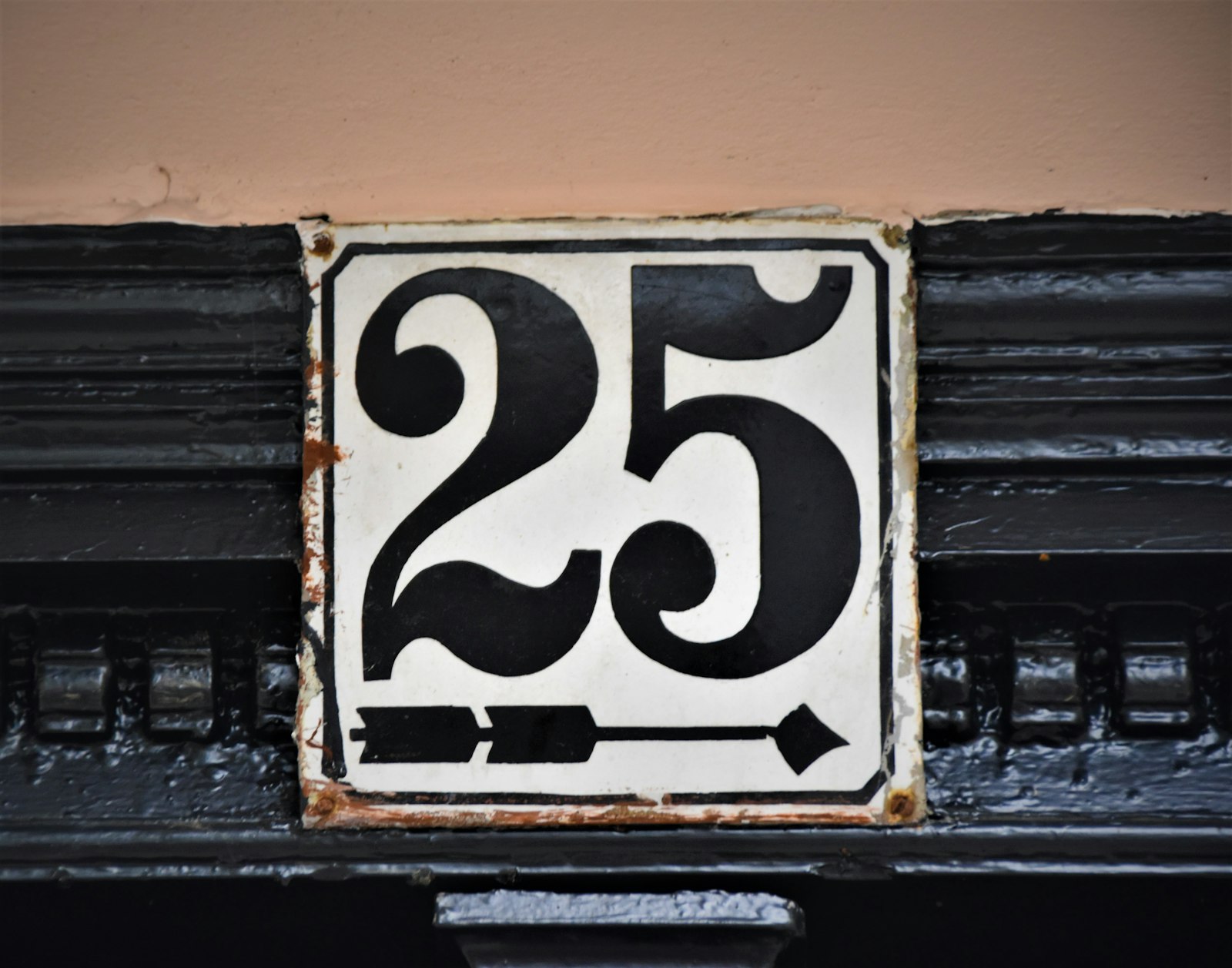When it comes to the success of an NHL team’s drafting, something that doesn’t necessarily get talked about a lot is how important post-draft development is. If you have a bad team that can’t turn their draft picks into NHL players, is that because they chose the wrong players or because they couldn’t develop them properly? [Editor’s note: he means the Habs.]
This sort of touches on the age old nature vs nurture debate — the question of how much of who we are is because of genetics and how much changes according to how we are raised and taught. Personally, I think both are involved but I won’t try and guess the ratio.
What does that have to do with William Villeneuve?
Buckle in, because this is going to be longer than any of the other profiles I’ve written. I think Villeneuve and his development deserve it.
The Player
When the Toronto Maple Leafs drafted him in the fourth round in 2020, he was an odd and polarizing prospect. He was listed as 6’1”, a right shot defenseman, and led his team and all QMJHL defensemen in points during his draft year. He was a former 2nd overall pick for the QMJHL. He had some hype.
But... his skating mechanics were wonky, and his defense was suspect or at least inconsistent. Both raised big questions about his future potential, which is why despite the points, size and handedness he fell all the way to the fourth round.
When I wrote a pre-draft profile for Villeneuve, I quoted a blurb from Wes Clarke — then the assistant director of player personnel:
Clark sought creative players who had a skill set the organization could build on. He dissected players, getting to the root of why they were either performing well or underperforming. That helped him find overlooked value.
“You want to get out of that kind of typical talk. You want to make sure you’re articulate and not just saying, ‘Hey, this player is a bad skater,’ but asking ‘Why is he bad? Can we improve it? What’s wrong with his stride?’ and not just saying ‘This kid sucks, he can’t skate, move on,’” Raftis said.
This is where I tie the whole nature vs nurture thing in with Villeneuve. When Toronto took him, much was said about him being an obvious long term project. They’d have to work on his skating mechanics, build his physical strength since he was pretty lanky in his draft year, and improve his defense. And while those are all things that we should expect every prospect to get at least a bit better at as they mature, they were the most obvious areas of improvement that could have a big impact on how good Villeneuve turned out to be.
So far, he’s made big improvements in all three areas.
His skating — Villeneuve’s mechanics were wild, but Toronto asked the Wes Clarke question: why? Could they improve it by working on his mechanics to smooth out the bigger issues that could limit his speed and maneuverability? Could they work on adding muscle to his legs and core so he could get faster and more explosive? Yes, they could, and they did, and his skating now is better. Less wild, albeit still weird and not great overall. But could it be average in terms of ultimate effectiveness?
Next, his strength. He’s grown an inch (now listed as 6’2”) and added around 20 lbs in weight, a lot of it is muscle. And this shows most noticeably in the third area: his defense. In his draft year even other CHL juniors could push him around, to the point that his defense had to come from stick checks and anticipating play. If he tried to physically engage, he couldn’t really do much.
But this summer, Villeneuve played in two rookie exhibition games going against Matthew Knies — a younger but larger physical specimen, known for his size and power. And whenever they engaged physically, the older but still smaller William Villeneuve continually neutralized him. He didn’t necessarily dominate Knies, but he did not give ground and could stop him in his tracks. It was the most impressive display I took from any of the players in that rookie camp.
The improvements to his defense is why Villeneuve was regularly playing 25-30 minutes per game in all situations for his team this past year — which was one of the best teams in the league, and helped them win the Memorial Cup. He was a finalist for QMJHL defenseman of the year. He went up against the best of the best in the CHL, the likes of Mason McTavish of Hamilton, Mavrik Bourque from Shawinigan, and Dylan Guenther with Edmonton in the Memorial Cup. Villeneuve finished with three points in four games, and was a +7 while playing top minutes against top competition. He led their top shut down pairing and top penalty unit.
But the other area that Villeneuve has improved defensively isn’t just physically. He’s also gotten better at being safer and making smarter decisions. If he’s facing better skaters, he is better able to read and anticipate a play so he’s in the right place at the right time. He can use his size and reach to keep them outside, knock the puck away with his stick, or make it easy for his opponents to just blow by him.
The big question for him now is... will any of that matter? Making big improvements means less when the foundation you built on was shakier to begin with. Right now, he’s at a level where you can think “maybe... let’s see how much further he can go” when it comes to his future projection. Because as a 20 year old, his biggest leaps in development have likely already happened.
William Villeneuve gets Team White on the board! 👀 pic.twitter.com/P5flZ1s2Ry
— Toronto Maple Leafs (@MapleLeafs) July 19, 2022
The Votes
After just squeaking in at #25 in last year’s T25U25, this year Villeneuve jumped all the way up to #14. All nine of the voters had him ranked, with four of the nine having him within the top 15. He had a very large spread of rankings, as good as 8th and as low as 24th.
William Villeneuve Votes
| Voters | Ranking |
|---|---|
| Species | 21 |
| Katya | 20 |
| seldo | 14 |
| Brian | 13 |
| TomK421 | 8 |
| dhammm | 22 |
| Josh - Smaht Scouting | 16 |
| Hardev | 24 |
| The Decline and Fall of the Roman Polak | 14 |
| Weighted Average | 16.89 |
| Highest Rank | 8 |
| Lowest Rank | 24 |
| Spread in Votes | 16 |
Personally, I had him ranked 13th, which is at the top of the tier of prospects I have outside of the “real things” for our prospects and NHL players. I am still not 100% sure that Villeneuve will be able to hang in the NHL. It comes back to what Katya has said about so many of our forward prospects — they’re not bluechippers, most will have to learn to be PKers, play defensively and physically and responsibly. The same is true of Villeneuve — he’s not going to be a Norris winner with a lot of points in the NHL. He’s going to have to play reliable two way hockey from the blue line. Limit dangerous scoring chances against, transition the puck up the ice, and kill penalties. Any offensive production he has in the way of points will be gravy, and it will come at even strength. He could be a second PP unit guy someday, but he isn’t going to get that chance unless he checks those other boxes first.
I believe Villeneuve can get there now more than I did a year ago, but I’ve always had a soft spot for him. He’s made some big improvements that came together last year, and I’ll be looking forward to how much better he can get working directly with the development staff in Toronto on a full time basis now.
Here’s what the other voters had to say.
dhammm: The bare minimum for any player coming out of the QMJHL is to score and Villeneuve did indeed score, which puts him roughly in the tier of CHL and USHL prospects who warrant attention but have to prove more. Villeneuve continuing to have an impact at the AHL level would do a lot to push the needle for me.
TomK421: I’ve been really impressed with the strides he’s made defensively and with his skating since he was drafted. Going from a points only, all offense guy to an all around top pair jr defenseman is very good to see, a prospect improving year by year is exactly what you want from your later picks. I think out of all our prospects Villeneuve might be the one I’m the most looking forward to following on the Marlies this year. The potential is real tasty.
Hardev: We had a feeling Villeneuve was going to be a blank canvas of a prospect and the Leafs were going to instruct and mold him into what they think is best for his development. And help they did. As Brigs described in detail, Villeneuve is a much more effective defender now and his focus on process and technique has elevated his game while his team elevated their competitiveness. This was a really good year from him. Before last season I was mildly interested in what Villeneuve will do in the AHL, probably as a long term project, but now I’m hoping he can make an impact relatively quickly into his pro career. I hope I’m not getting my expectations too high. I was definitely on the low end when it came to voting for Villeneuve and that’s mostly because I got caught leaning towards the AHL prospects and the new guys. This always happens with me and D+1 prospects.
Where do you think Villeneuve will be in five years?
| Locking down a fourth defenseman spot as a complimentary second pair RHD | 212 |
| Third pair/seventh defenseman type | 330 |
| AHL all star | 65 |
| AHL/ECHL tweener | 43 |




